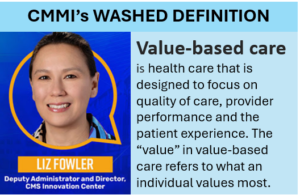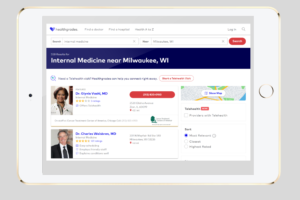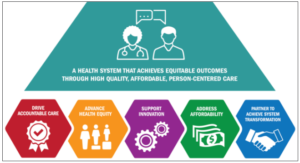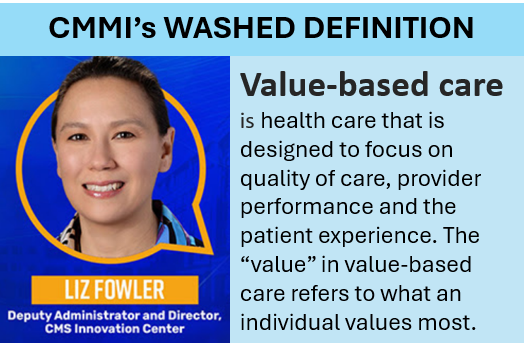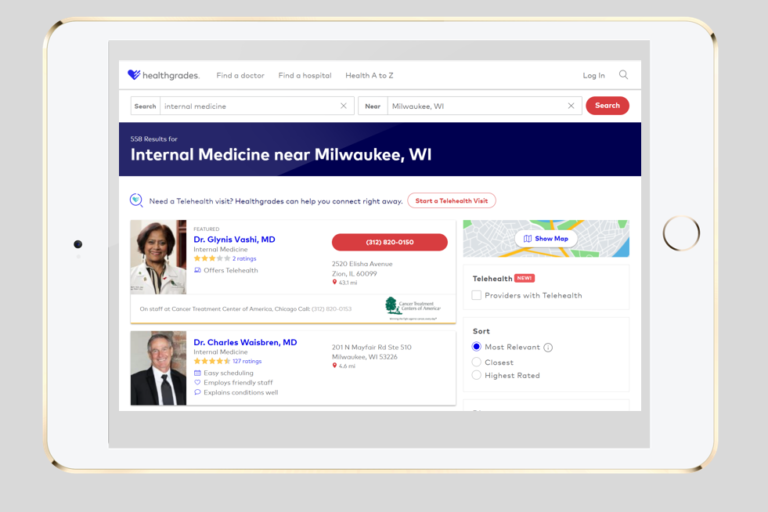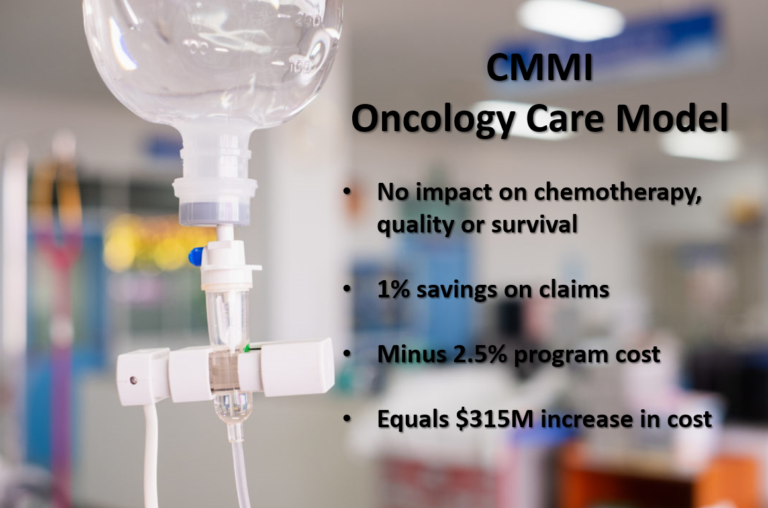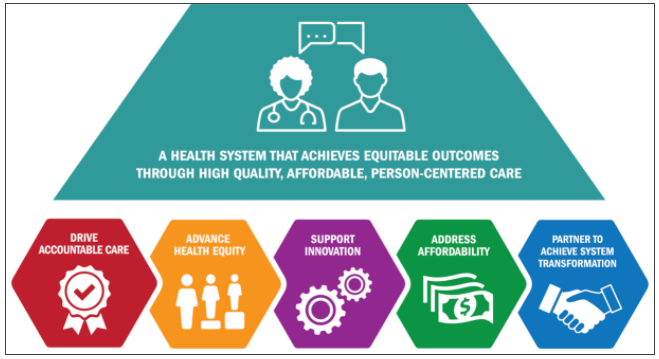I have long criticized the “informatics,” “analytics” and “business intelligence” industries for over-emphasizing the value of installing analytic software or producing a pile of routine reports. As described in a previous blog post, I have found such tools to add value only in the hands of talented, trained people with the ability to tell interesting, truthful, actionable stories, backed up by data.
This is an inconvenient truth for technology vendors and their investors, who prefer the exponential growth that can be achieved by developing some technology and licensing it quickly to a broad customer base, rather than the linear growth associated with finding and developing good people. It is also worrisome for some IT professionals in health care institutions, who are often more comfortable with acquiring and maintaining a portfolio of software applications than dealing with the ambiguities of analytic talent and insight.
Since the development of an informatics talent base is a long slog, I always advise my clients to get started with it as quickly as possible. However long it takes only gets longer if you haven’t started.
But, the process of building informatics talent is being made even more difficult by the fact that many health care organizations are trying to find such talent all at once. Health care market changes and accumulating disappointment with the lack of value of canned reporting tools are making more and more organizations realize that they need to establish medical informatics as a core competency.
At the recent HIMSS ’12 meeting in Las Vegas, Price Waterhouse Coopers described the results of their survey of 600 organizations in the health care field, covered in an API article. According to the survey, 70% of health insurers, 48% of hospitals, and 39% of pharmaceutical/life-sciences companies are planning to hire more medical informatics staff in the next two years. Forty percent of respondents noted that lack of skilled informatics staff is a barrier to their efforts to develop a comprehensive informatics program.
Furthermore, it is important that new informatics staff be knowledgeable not only in technology and analytic methods, but also in health care. For informatics to be incorporated into the care delivery process, medical informaticists must be able to effectively communicate and collaborate with physicians. In fact, according to the PwC report, 50% of hospitals and physician respondents reported that misalignment of clinical and technology teams is a barrier to incorporating sophisticated analytics into clinicians’ everyday work.


